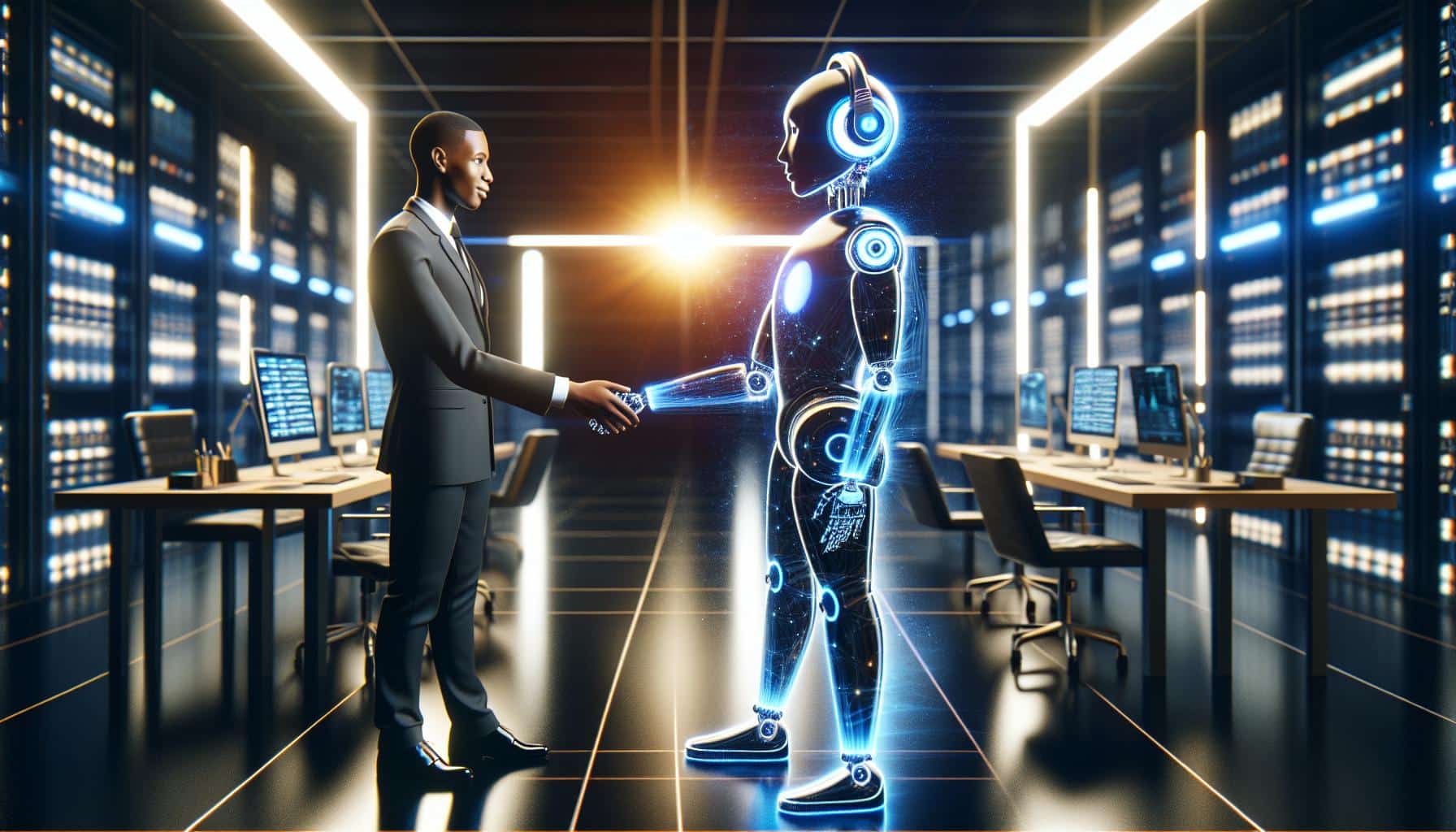The Indispensable Role of Human Assistants in a Digital Age
Assistants have always played a significant role in supporting high-profile individuals and leaders in their day-to-day activities. From organizing meetings to managing emails and handling logistics, human assistants have been the backbone of efficient and productive work.
However, with the advancement of technology and the rise of artificial intelligence (AI), there is a growing concern about the future of these roles. While AI virtual assistants claim to offer an alternative, many administrative professionals argue that there are certain intangibles that technology cannot replicate yet.
The Limitations of AI in Replicating Human Assistant Skills
AI virtual assistant platforms like ClickUp AI and Wally have emerged as potential alternatives to human assistants. These platforms promise to optimize daily tasks and even draft emails on behalf of workers. Additionally, process-automation and scheduling software can alleviate some of the logistical burdens of administrative professionals. However, Mansoor Soomro, a senior lecturer in sustainability and international business, argues that AI technology still struggles with complex tasks that require human-level decision making. The sensitivity, nuance, and creativity of human assistants are qualities that AI has not yet been able to replicate.
The Importance of Human-to-Human Interaction in Assistant Roles
Joanne Manville, a UK-based assistant and founder of Joanne Manville Virtual Assistance, believes that while AI and automation tools are useful for functional tasks, there is a unique value in the human-to-human relationship and customer service that human assistants provide. Clients often choose their assistants based on their personality and ability to connect with them on a personal level. Moreover, the ability to recognize and address clients’ emotional needs is a crucial part of succeeding in an assistant role. These interpersonal skills and emotional intelligence are difficult to replace with AI technology.
The Challenges of AI in Emotional Intelligence and Sensitivity
One of the key limitations of AI technology is its inability to replicate human emotions and the complexities associated with them. AI lacks the sensitivity, intuition, and judgment required to navigate the nuances of human interactions. While AI has made significant advancements in multimodal sensing, such as voice and speech analysis and facial recognition technology, there is still a long way to go before AI can truly understand and respond to human emotions. However, there is ongoing research to improve AI’s emotional intelligence, such as detecting mental health issues based on voice analysis.
The Potential Future of Assistants: Blending AI Technology with Human Skills
As AI technology continues to advance, it is possible that some tasks traditionally handled by human assistants could be outsourced to AI. However, there will always be a need for human assistants due to the intangible qualities they bring to the table. The future of assistant roles may involve blending AI technology with human skills, where AI can handle routine and repetitive tasks while human assistants focus on the more complex and nuanced aspects of their job. This hybrid approach could leverage the strengths of both AI and human assistants, creating a more efficient and effective support system.
In conclusion, while AI technology has the potential to automate certain administrative tasks, human assistants still play an indispensable role in the workplace. The intangibles of human interaction, emotional intelligence, and nuanced decision-making are qualities that AI has yet to fully replicate. As technology continues to evolve, it is likely that assistant roles will undergo transformations, but the need for human assistants will persist as they bring a unique value that cannot be replaced by AI.
Analyst comment
Positive news: The indispensable role of human assistants in a digital age.
Market analysis: The market for human assistants may face some challenges from AI virtual assistant platforms, but the need for human assistants will persist due to their ability to provide human-to-human interaction, emotional intelligence, and nuanced decision-making. The future of assistant roles may involve blending AI technology with human skills, creating a more efficient and effective support system.













